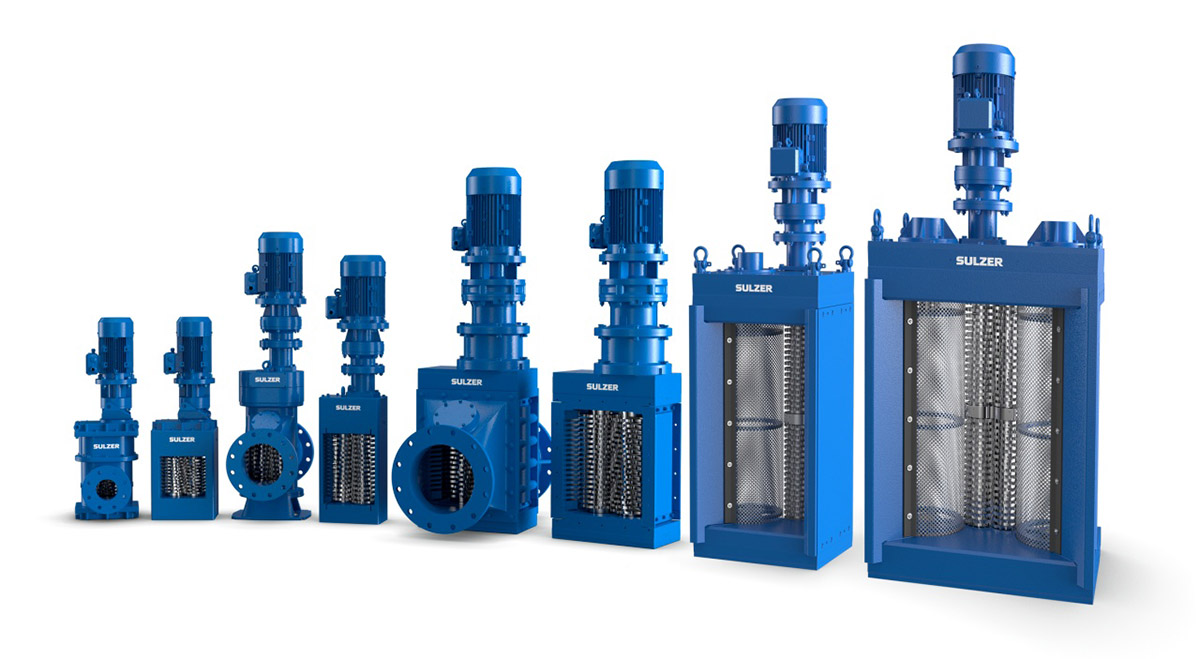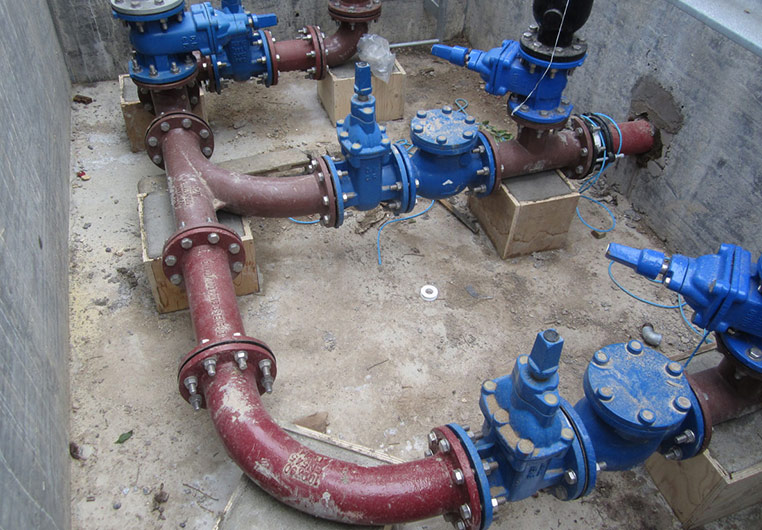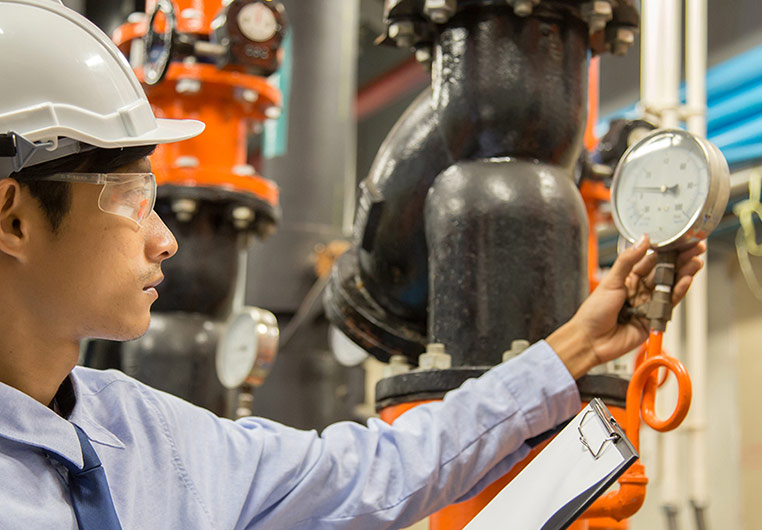How Much Does A Macerator Cost?
 Posted on 5th April, 2022 by Ozz
Posted on 5th April, 2022 by Ozz 
What is a macerator?
Macerators – also known as munchers – are used for macerating raw sewage, sludge and industrial waste. Known for their ability to reduce the size of any solid that is fed through it;
macerators are an effective means for dealing with wet wipes, sanitary products and any solids that may enter your wastewater.
Not to be confused with macerator pumps: a macerator or muncher is a set of teeth driven by a motor and notably does not have any pumping abilities. Macerator pumps, on the other hand, have the ability to pump liquids and small solids. A macerator pump also utilises a sharp blade to reduce the size of any larger solids that may attempt to enter its volute.
In this blog, we explore larger industrial and commercial macerators for sewage and wastewater disposal. It’s important to note that these are not meant for domestic use (as is the case with most of our products).

What are the advantages of a macerator?
The key advantages of macerators are:
- Fewer blockages
- Less downtime
- Reduced waste and size of waste on treatment plants
- Effectively eliminates problems with wet wipes and sanitary products
- Able to grind a wide variety of solids
- Automated controls
- Reduced maintenance and running costs
When installing a macerator, a significant advantage is an increased flow rate. Although macerators aren’t pumps, they still work to increase flow rate by reducing blockages, resulting in longer working periods and increased efficiency. Put simply, macerators run for longer periods without any blockages, so you’ll notice an improved flow rate than if you are constantly having to unblock your pumps.
Why would I need to install a macerator?
 In order to discharge wastewater into the sewers, you may be required to install a macerator within your system to comply with the environmental agency or the local water authority. This is often the case when there is a high solid content going into the sewer.
In order to discharge wastewater into the sewers, you may be required to install a macerator within your system to comply with the environmental agency or the local water authority. This is often the case when there is a high solid content going into the sewer.
Another reason you may need to install a macerator is if you’re experiencing lots of blockages in your pump station, and are unable to increase the rising main or pump size in the pump station. In this instance, a macerator will reduce the size of waste to fit through existing pumps and pipework.
Another benefit of installing a macerator is to increase your treatment plants capacity and performance. By installing a macerator before a treatment plant, you can increase efficiency by reconditioning the wastewater much faster.
How much is my macerator going to cost?
The average price for a 2.2kw to 4kw macerator is between £7,500 to £15,000. This cost estimate is for a robust and highly effective unit, excluding the controls and installation costs.
Typically, the most common types of macerators are Mono Munchers and Muffin Monsters. As with all price estimates, these costs will vary depending on a number of factors, like the size of the system and the type of waste it is macerating.
Other costs to consider when you are fitting a new system are:
- Groundwork costs
- Power supply
- Installation costs
- Controls
- Commissioning
It’s worth noting that the cost of a macerator installation would significantly outweigh the cost and hassle of using tankers, callouts fees and the removal of recurrent blockages.
What’s the advantage of a channel macerator?
Having a channel macerator, or muncher means the waste water processing remains operational in the case of a macerator failure or blockage.
If the muncher was to fail or get stuck with too many solids trying to pass, the liquid content is able to continue flowing over the top and around the muncher. This means your site can stay operational until you are able to get an engineer to the site to unblock the macerator.
Where are macerators found?
Macerators are typically found in commercial sewage systems – not in residential properties.
They are often required on industrial and commercial sites that can excounter a high percentage of solids in their waste. Some examples of where macerators are frequently used are:
- Abattoirs
- Food processing factories
- Housing estates
- Prisons
- Hospitals




